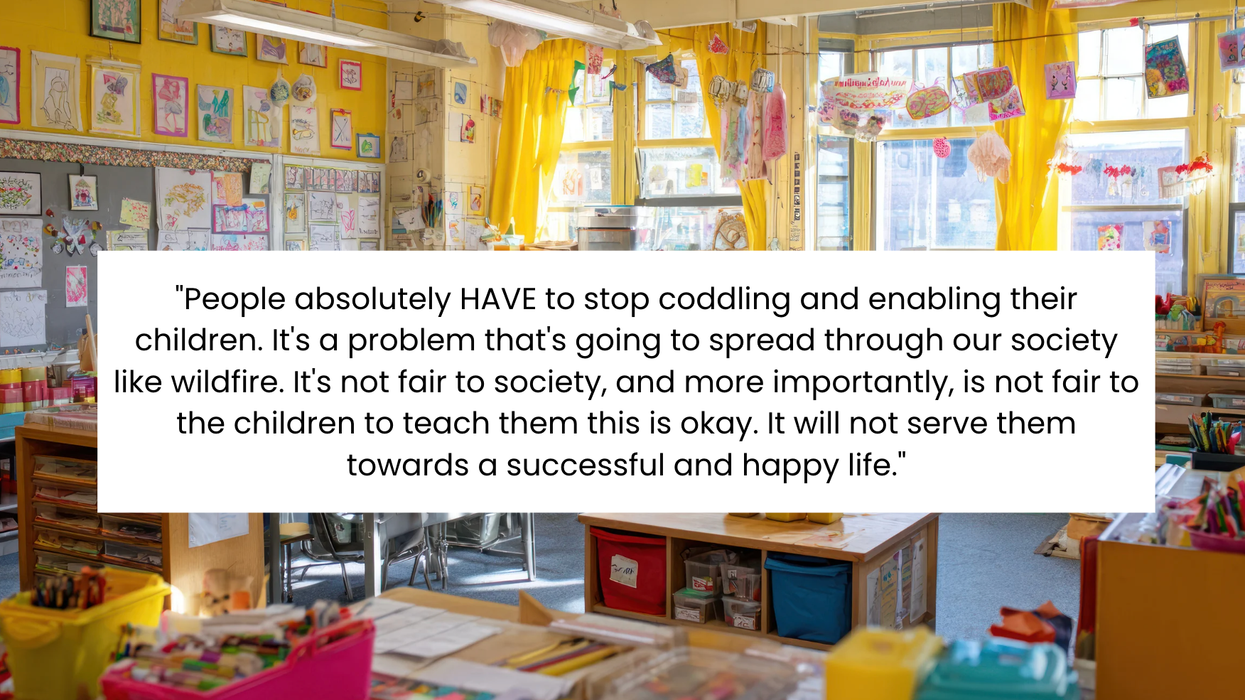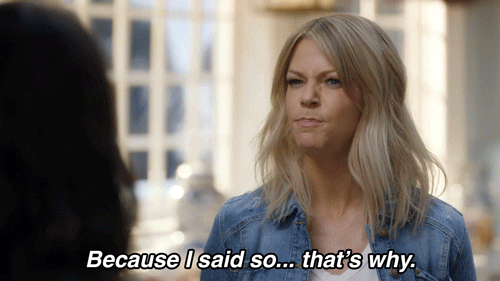Marc Berk, a health policy researcher and volunteer youth baseball coach in Maryland, published a study this month offering a solution that could balance the playing field for families priced out of youth sports. His idea: Destigmatize the process of asking for financial aid.
In Gaithersburg, where Berk conducted his research, the city agrees to waive youth sports registration fees for those who request the service. Normally families must fill out forms to document their income levels and demonstrate need. But in 2009, the year of the study, the city modified its policy, requiring only that families mark a checkbox on the sign-up form that read, “I am a resident of the City, and I am requesting a waiver of all fees,” which they would automatically receive.
Compared to 2008, the number of children receiving waivers in 2009 increased more than 1,200 percent. The majority of the waivers helped students attending predominately low-income (Title 1) schools.
The point, Berk says, is that requiring families to document their economic need in order to receive this service is prohibitive. “Some parents may find it embarrassing to be told that a program does concur with the family’s conclusion that they are not able to pay,” Berc writes in the report. He compares the stigma associated with requesting financial assistance for sports to the stigma discouraging participation in social programs like Medicaid and unemployment compensation.
The cost of playing youth sports has escalated dramatically in recent years. In addition to public programs charging “pay-to-play” fees, equipment is growing more expensive, and private teams are growing more important to college recruiting. Many children simply can’t afford to compete. According to a 2014 Sports and Fitness Industry Association study, youth participation in team sports declined nearly four percent since 2009.
Berk admits waiving fees isn’t the only solution, and the study discusses additional prohibitive costs that disproportionately affect low-income families, including transportation and parents’ availability during evenings and weekends, when games and practices are typically held.
The study also notes that Gaithersburg received a grant to cover these waivers and mentions that some communities can’t afford to eliminate registration fees and absorb the costs of expanding youth sports services, which aren’t always profitable.
But if cities claim after-school sports are a social good, an argument supported by research, they should pursue methods, Berk writes, that “make the waiver process more sensitive to the needs of the users.”

















 Gif of Kaitlin Olson saying "Because I said so ... that's why" via
Gif of Kaitlin Olson saying "Because I said so ... that's why" via 

 Screen shot of an underground tunnel
Screen shot of an underground tunnel A fenced off area around the church's ruins
A fenced off area around the church's ruins
 A hand holds several lottery ticketsCanva
A hand holds several lottery ticketsCanva "Simpsons" gif of newscaster winning the lotto via
"Simpsons" gif of newscaster winning the lotto via 

 Kids on their computers.Photo credit:
Kids on their computers.Photo credit:  Young girl holds a drone.Photo credit
Young girl holds a drone.Photo credit  Playing with bubbles.Photo credit:
Playing with bubbles.Photo credit:  Friends on the computer.Photo credit:
Friends on the computer.Photo credit: 